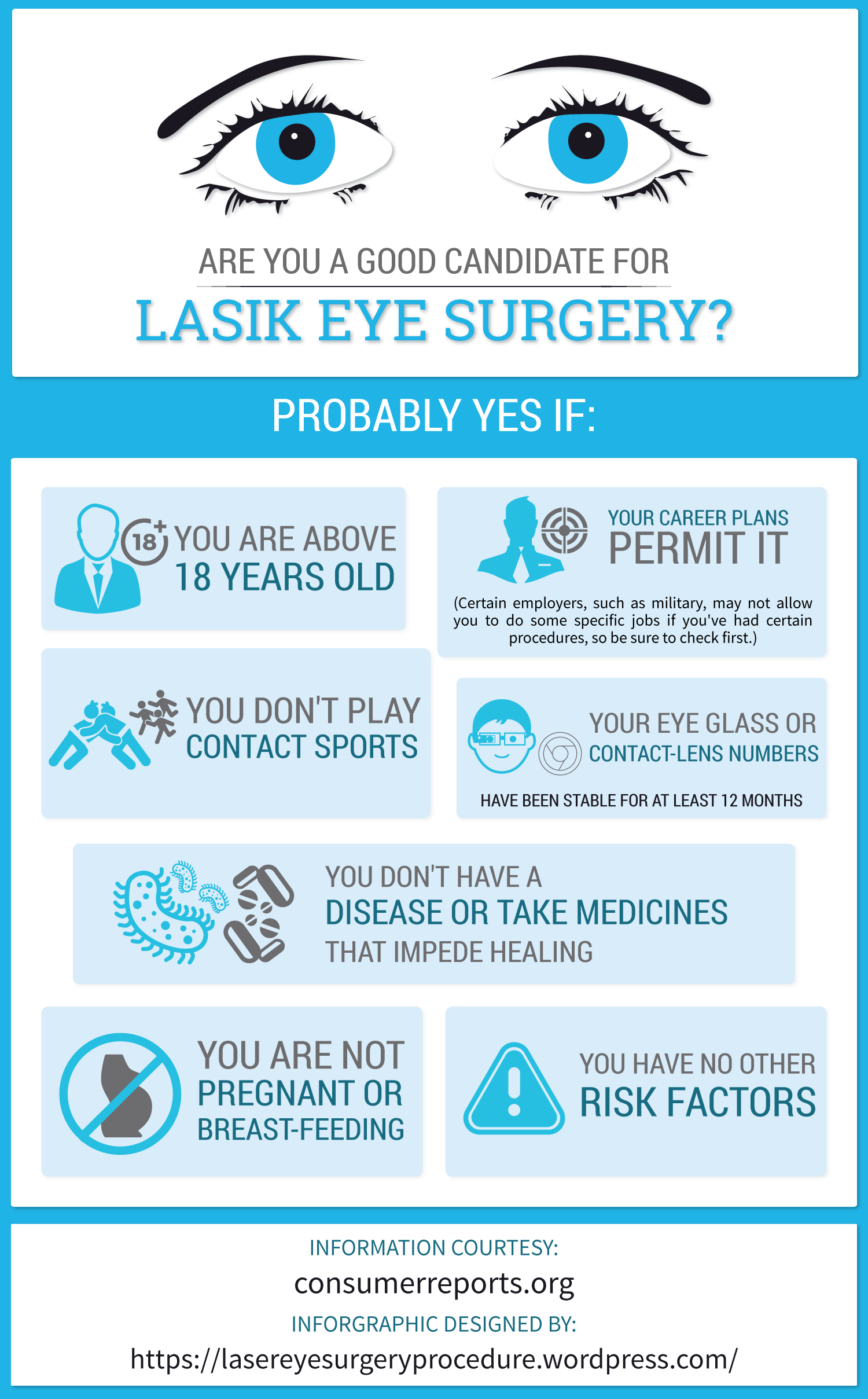Helping A Family Member Undergoing Cataract Surgical Treatment: Insights From A Caretaker'S Point Of View
Helping A Family Member Undergoing Cataract Surgical Treatment: Insights From A Caretaker'S Point Of View
Blog Article
Material Produce By-Spencer MacLean
As a caregiver supporting a loved one facing cataract surgical treatment, your role is important in ensuring their convenience and healing. From pre-surgery prep work to post-operative care, your visibility and support can make a substantial difference in their journey. Recognizing the psychological and physical difficulties they might experience, offering sensible help, and being their pillar of assistance are key elements in this procedure. Remember, your function surpasses just using assistance; it has to do with being a source of strength and comfort during a considerable stage in their life.
Comprehending Cataract Surgical Procedure Process
Discovering the steps involved in cataract surgery can assist reduce any type of anxiousness or uncertainty you might have about the treatment. Cataract surgery is an usual and highly successful procedure that includes eliminating the cloudy lens in your eye and replacing it with a clear artificial lens.
Before the surgery, your eye will certainly be numbed with eye declines or a shot to guarantee you don't really feel any discomfort throughout the treatment. The specialist will make a small cut in your eye to access the cataract and break it up using ultrasound waves before very carefully removing it.
When the cataract is gotten rid of, the artificial lens will be placed in its location. The whole surgical procedure commonly takes about 15-30 minutes per eye and is usually done one eye at a time.
After the surgical procedure, you may experience some light discomfort or obscured vision, yet this is typical and should improve as your eye heals.
Readying for Surgical Treatment With Each Other
To ensure a smooth and worry-free experience, preparing for cataract surgical treatment with each other can make a significant distinction in your liked one's trip. Beginning by attending pre-surgery assessments with them. By doing this, you can ask inquiries, recognize the treatment, and supply emotional support.
Help them arrange their pre-operative guidelines, drugs, and transportation to and from the medical center. Ensure their home awaits their recuperation by establishing a comfortable space with easy accessibility to essential things.
Assist them in scheduling post-operative care if needed, such as assist with meals or household tasks. Motivate them to adhere to the medical professional's guidance relating to fasting prior to surgery and drug procedures.
Reassure them that you'll be there for them every step of the method. By actively taking Bladeless LASIK Eye Surgery in the prep work procedure, you can reduce anxiety and make certain that your enjoyed one really feels supported and cared for during this crucial time.
Post-Operative Care Tips
After cataract surgical procedure, giving appropriate post-operative care is critical for your liked one's recuperation. Ensure they put on the safety guard over their eye as advised by the doctor. Help them provide prescribed eye drops and medications promptly to prevent infection and help recovery.
Encourage your loved one to prevent touching or rubbing their eyes, as this can bring about issues. Aid them in following any restrictions on flexing, lifting hefty things, or participating in arduous activities to stop strain on the eyes. Make sure they attend all follow-up consultations with the eye doctor for keeping an eye on progression.
Maintain the eye location clean and dry, preventing water or soap straight in the eyes. Motivate your enjoyed one to use sunglasses to shield their eyes from bright light and glare throughout the recovery procedure. Be patient and helpful as they recoup, providing help with daily jobs as needed.
Final thought
In conclusion, supporting an enjoyed one through cataract surgery involves being there every step of the means, from pre-surgery prep work to post-operative care. Your emotional support, useful assistance, and motivation can make a considerable distinction in their recuperation procedure. By remaining notified, arranged, and attentive to their needs, you can aid ensure an effective result and provide them with the convenience and peace of mind they require during this difficult time.
